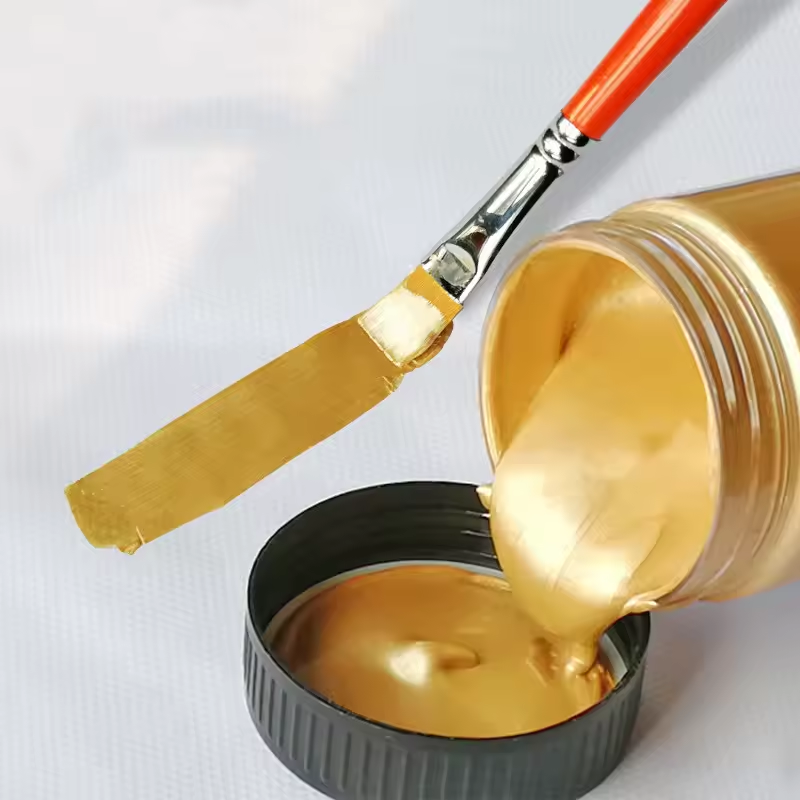How to dispose of fax machine? In today’s digital age, fax machines have largely been replaced by email, cloud storage, and other modern communication tools. However, many homes and businesses still have old fax machines lying around, collecting dust and taking up valuable space. Disposing of a fax machine may seem straightforward, but it requires careful consideration due to environmental concerns, data security risks, and local regulations. Improper disposal can lead to hazardous waste in landfills or unauthorized access to sensitive information stored on the device. This guide will walk you through the steps to responsibly dispose of your fax machine, ensuring compliance with legal requirements and minimizing environmental impact.

Understanding the Importance of Proper Fax Machine Disposal
Environmental Concerns
How to dispose of fax machine? Fax machines contain various materials that can harm the environment if not disposed of properly. Components such as plastics, metals, circuit boards, and batteries may release toxic substances like lead, mercury, or cadmium when improperly discarded. These pollutants can contaminate soil and water supplies, posing risks to ecosystems and human health.
Data Security Risks
Many fax machines store transmitted documents in their internal memory, even after they’ve been printed. If these devices are discarded without proper data erasure, sensitive information could fall into the wrong hands, leading to identity theft or corporate espionage. Protecting your data is just as important as protecting the environment.
Legal and Regulatory Compliance
Local laws and regulations often dictate how electronic waste (e-waste) must be handled. Many regions prohibit dumping e-waste in regular trash bins and require specific recycling programs for electronics. Non-compliance can result in fines or penalties, making it essential to follow proper procedures.
Preparing Your Fax Machine for Disposal
Before disposing of your fax machine, take the following steps to ensure it is ready for safe and responsible disposal.
Remove Personal Data
The first step is to clear any stored data from the fax machine. Follow these guidelines:
- Check the User Manual: Consult the manufacturer’s instructions for resetting or wiping the device’s memory.
- Perform a Factory Reset: Most fax machines have a factory reset option that restores the device to its original settings, erasing all stored data.
- Physically Remove Memory Components: If the fax machine has removable memory cards or hard drives, remove them before disposal. These components can either be destroyed or reused in other devices.
Disconnect Power and Accessories
Unplug the fax machine from the power source and disconnect any cables, including phone lines, USB cords, or Ethernet connections. Removing accessories ensures that no residual electricity remains in the device, reducing the risk of accidents during transport.
Clean the Device
Wipe down the exterior of the fax machine with a damp cloth to remove dust and dirt. Cleaning the device makes it more presentable if you plan to donate or sell it, and it also prevents contaminants from spreading during recycling.

Exploring Disposal Options
Once your fax machine is prepared, consider the following disposal methods:
Recycling Programs
Recycling is one of the most environmentally friendly ways to dispose of a fax machine. Look for certified e-waste recycling programs that specialize in handling electronics responsibly. These programs dismantle devices, recover valuable materials, and safely dispose of hazardous components.
- Manufacturer Take-Back Programs: Many fax machine manufacturers offer take-back initiatives where they accept old devices for recycling. Check the manufacturer’s website for details.
- Local E-Waste Collection Events: Some municipalities host periodic e-waste collection events where residents can drop off unwanted electronics free of charge.
- Retailer Recycling Services: Stores like Best Buy, Staples, or Office Depot often provide e-waste recycling services, sometimes even offering incentives like discounts on new purchases.
Donation or Resale
If your fax machine is still functional, consider donating or selling it instead of discarding it. This extends the life of the device and reduces waste.
- Donation Centers: Charitable organizations, schools, or community centers may appreciate receiving a working fax machine, especially if they lack access to modern technology.
- Online Marketplaces: Platforms like eBay, Craigslist, or Facebook Marketplace allow you to sell your fax machine to individuals who might need it for specific purposes.
- Trade-In Programs: Some retailers or tech companies offer trade-in programs where you can exchange old electronics for credit toward new purchases.
Professional Data Destruction Services
For businesses or individuals concerned about sensitive data, professional data destruction services provide an added layer of security. These services use advanced techniques such as degaussing (demagnetizing storage media) or physical shredding to ensure complete data removal.
Avoiding Common Disposal Mistakes
To ensure responsible disposal, avoid these common pitfalls:
Throwing It in the Trash
Dumping a fax machine in the regular trash violates e-waste disposal laws and contributes to environmental pollution. Always seek out designated e-waste facilities or programs.
Neglecting Data Erasure
Failing to wipe the fax machine’s memory leaves sensitive information vulnerable to theft. Always prioritize data security before disposal.
Choosing Unverified Recyclers
Not all recycling centers adhere to ethical practices. Some may ship e-waste overseas, where it is improperly handled, harming workers and the environment. Opt for certified recyclers with transparent processes.
Ignoring Local Regulations
Each region has unique rules regarding e-waste disposal. Research local ordinances to ensure compliance and avoid potential fines.

Benefits of Responsible Fax Machine Disposal
Properly disposing of your fax machine offers numerous advantages:
Environmental Protection
By recycling your fax machine, you help conserve natural resources and reduce pollution caused by improper e-waste disposal.
Enhanced Data Security
Clearing personal or business data safeguards against identity theft and unauthorized access, giving you peace of mind.
Cost Savings
Some disposal options, such as trade-in programs or tax deductions for donations, can offset the cost of upgrading to newer technology.
Community Support
Donating your fax machine supports charitable causes and helps bridge the digital divide for underprivileged groups.
Steps to Take After Disposal
Once your fax machine has been disposed of, there are a few final steps to complete the process:
Confirm Receipt
If you used a recycling program, donation center, or professional service, request confirmation that your device was received and processed. This documentation can be useful for record-keeping or tax purposes.
Update Records
For businesses, update asset management records to reflect the disposal of the fax machine. This ensures accurate inventory tracking and compliance with accounting standards.
Explore Alternatives
Consider transitioning to paperless solutions, such as online document sharing platforms or digital fax services, to reduce reliance on outdated technology in the future.
Advantages of fax machine
In an era dominated by digital communication technologies such as email, instant messaging, and cloud storage, the fax machine may seem like a relic of the past. However, despite its decline in popularity, the fax machine remains a valuable tool in many industries and scenarios.
No Dependence on Internet Connectivity
One of the most significant advantages of fax machines is their independence from internet connectivity. Unlike email or cloud-based systems, which require stable internet access, fax machines operate over traditional telephone lines. This makes them particularly useful in areas with poor or unreliable internet infrastructure, ensuring that critical documents can still be transmitted without interruption.

Conclusion:
Disposing of a fax machine responsibly is not only a matter of convenience but also an opportunity to contribute positively to the environment and protect sensitive information. By understanding the importance of proper disposal, preparing your device carefully, and choosing the right method—whether recycling, donating, or reselling—you can make a meaningful impact. Additionally, avoiding common mistakes and staying informed about local regulations ensures that your actions align with best practices.









